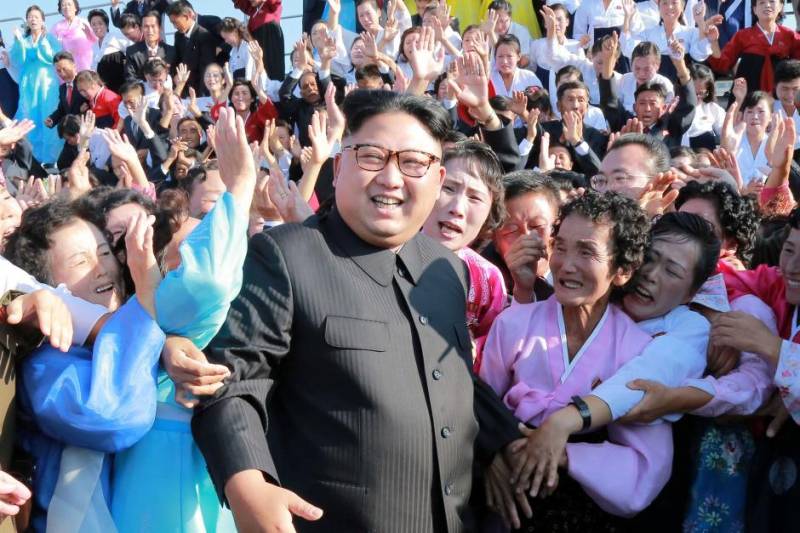New York (Agencies): The United Nations Security Council unanimously stepped up sanctions against North Korea over the country's sixth and most powerful nuclear test, imposing a ban on its textile exports and capping imports of crude oil.
With backing from China and Russia, the council adopted a US-drafted sanctions resolution just one month after banning exports of coal, lead and seafood in response to North Korea's launch of an intercontinental ballistic missile (ICBM).
US Ambassador Nikki Haley said the tough new measures were a message to Pyongyang that “the world will never accept a nuclear-armed North Korea,” but she also held out the prospect of a peaceful resolution to the crisis.
“We are not looking for war. The North Korean regime has not yet passed the point of no-return,” Haley told the council.
“If it agrees to stop its nuclear program, it can reclaim its future. If it proves it can live in peace, the world will live in peace with it.
“If North Korea continues its dangerous path, we will continue with further pressure. The choice is theirs.”
The South Korean government welcomed the resolution, calling it a “grave warning that (North Korea's) continued provocations will only intensify its diplomatic isolation and economic pressure.”
During tough negotiations, the US dropped initial demands for a full oil embargo and a freeze on the foreign assets of North Korean leader Kim Jong-Un in a bid to win support from China and Russia.
The resolution instead bans textile exports, cuts off natural gas shipments to North Korea, places a ceiling on deliveries of refined oil products and caps crude oil shipments at their current level.
It bars countries from issuing new work permits to North Korean labourers sent abroad and seeks to phase out the practice by asking countries to report on the date for ending existing contracts.
Some 93,000 North Koreans work abroad, providing Kim's regime with a source of revenue to develop its missile and nuclear programs, according to a US official familiar with the negotiations.
Under the measure, countries are authorised to inspect ships suspected of carrying banned North Korean cargo but must first seek the consent of the flag-state.
Joint ventures will be banned and the names of senior North Korean officials and three entities were added to a UN sanctions blacklist that provides for an assets freeze and a global travel ban.
It was the eighth series of sanctions imposed on North Korea since it first tested a nuclear device in 2006.


